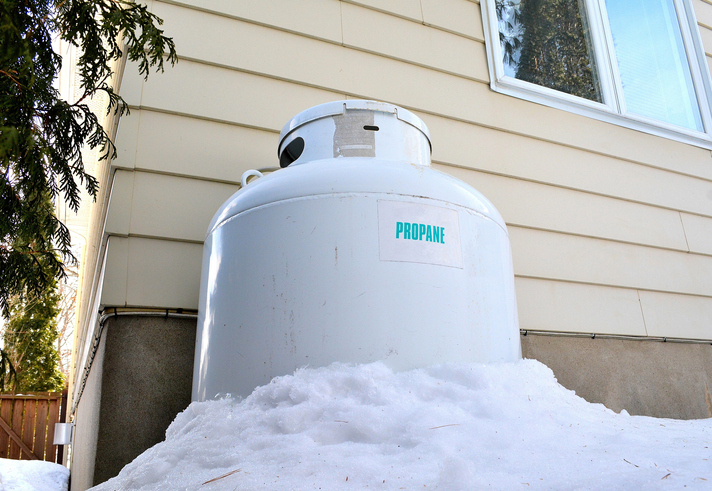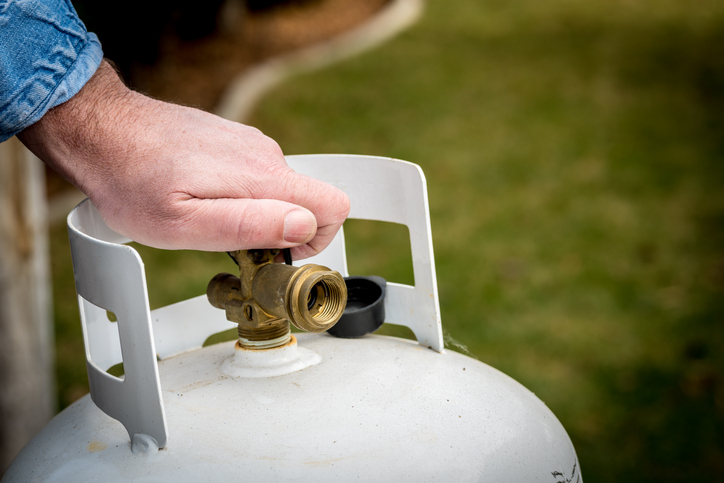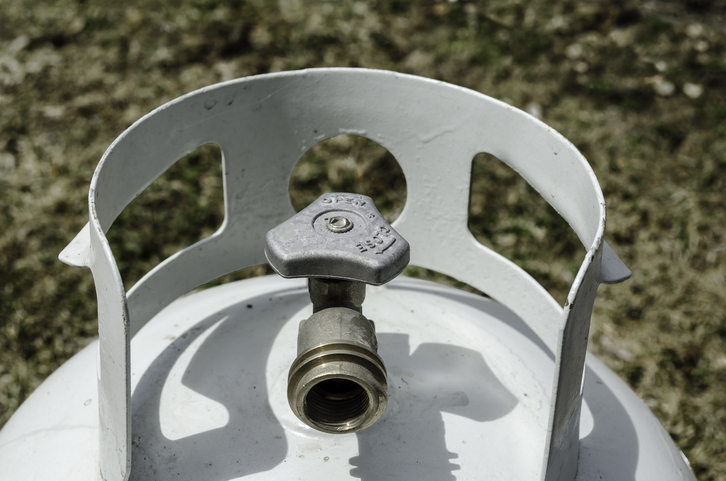 While propane isn’t the most commonly used source of energy for a home, its use has been growing in popularity in recent years. Propane is used to fuel both home-heating furnaces and water heaters. It is also beneficial due to the lower amount of greenhouse gas emissions it produces, as well as its potential as a less costly source of energy. In a propane heating system, propane is stored in a designated tank. This is fitted to a home’s gas line and then transferred to the furnace, which delivers heat to the rest of the home.
While propane isn’t the most commonly used source of energy for a home, its use has been growing in popularity in recent years. Propane is used to fuel both home-heating furnaces and water heaters. It is also beneficial due to the lower amount of greenhouse gas emissions it produces, as well as its potential as a less costly source of energy. In a propane heating system, propane is stored in a designated tank. This is fitted to a home’s gas line and then transferred to the furnace, which delivers heat to the rest of the home.
Propane is a convenient source of heat for a home, but it’s important to know how to maintain a propane heating system once it’s installed to ensure that it remains safe and effective. If you’re interested in a career as an HVAC technician, read on to discover three tips for maintaining a propane heating system.

1. HVAC College Graduates Should Pay Attention to a Propane Heating System’s Pilot Light
Most propane heating systems operate through the use of a pilot light, which is a small flame that burns continuously. After HVAC school, it’s important to be familiar with how a propane heating system’s pilot light works in order to properly maintain these systems. In a propane heating system, the pilot light is located at the burner of the heating appliance that the propane fuel is being used for. The pilot light is also responsible for igniting the propane fuel to provide heat.
When maintaining a propane system, check the colour of the pilot light. A pilot light’s flame should be blue in colour. But if it appears to be orange or yellow, the pilot tube may need to be cleaned. Additionally, if the pilot light frequently extinguishes, this could signal a larger problem with the propane heating system. In this case, all connections and tubes should be examined to ensure that there isn’t a leak.
2. A Propane Heating System Needs Regular Service
One of the most important things to know about propane heating systems is that they may require more regular maintenance than other heating systems. A propane tank can be regularly serviced by checking the tank’s fuel gauge. When this gauge indicates that there’s less than 20% of fuel remaining, it’s time for a refill. Additionally, it’s important to examine the tank itself regularly by checking the tightness of the connecting pipes and ensuring that there are sufficient levels of pressure. Make sure that the area around the tank is clear of any forms of clutter. If there are flammable materials in close proximity of the tank, remove them in order to reduce the risk of fire.

3. Take Measures to Prevent Leakage
While a propane leak is uncommon, graduates of HVAC technician courses should be proactive in preventing leakage. A propane leak can be extremely dangerous, as propane is flammable and can increase the risk of fire within a home. The chances of a leak in a propane system can be reduced by tightening and protecting the propane tank’s fittings. Where the gas line connects to the propane tank, ensure that the connection is properly sealed by using a wrench to tighten the connection. If a leak is suspected, the main gas valve should be turned off immediately in order to safely address the problem.
When properly maintained, propane systems can be an efficient source of heat for a client’s home. During your HVAC technician career, take the above steps to ensure that your client’s propane heating system is working safely and effectively.
Are you ready to enroll in HVAC college?
Get the training you need at the North American Trade Schools. Start exploring today!



